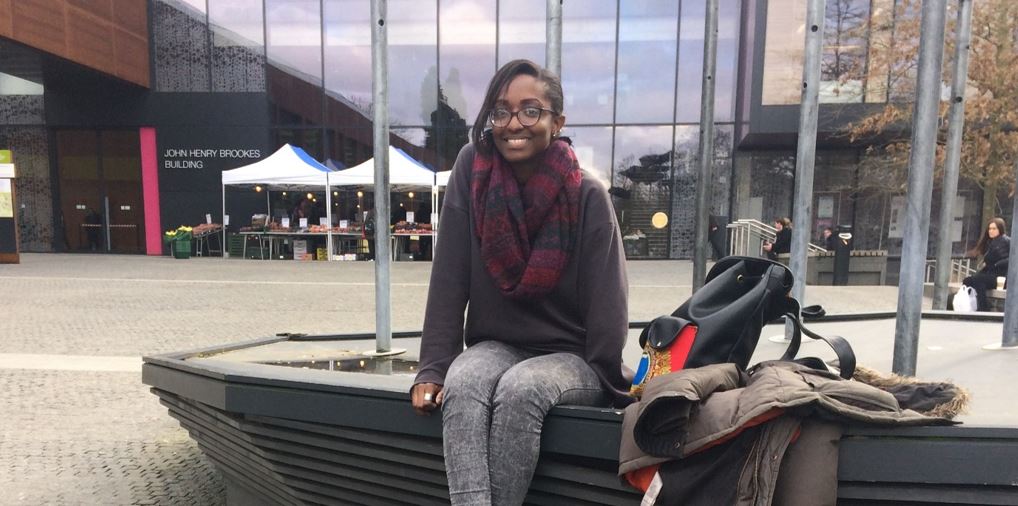As she sits upright with a confidence that belies her 26 years of age, Wanjiru Wainaina – known as ‘Leah’ – tells about her journey from wondering what she was going to do with her life, to working and building skills as a humanitarian in Kenya and now studying at Oxford Brookes University.
During humanitarian crises, the humanitarian sector often overlooks those closest to the disaster who are uniquely placed to provide strong leadership and faster response. The Disasters & Emergencies Preparedness Programme (DEPP) invests in building national leadership in the humanitarian sector by offering training to develop individuals, so that national-level organisations are able to lead bigger and stronger responses.
Leah was one such graduate of our training programme. “The programme really tried to prepare us for real life though simulations and placements.”
Leah was initially placed in Mandera, Kenya, for her training and then went to Dadaab for the last few months. She was able to experience working in different contexts as Mandera was more developmental and long running, with a focus on different sectors. Dadaab, however, a town with over 235,000 refugees living in four camps, was a very different environment. Being a protracted emergency crisis, the programmes were shorter and high impact, with the context changing regularly.
Describing her experience in Dadaab, Leah said “I found it really interesting to work under that kind of pressure.” At that time, the government wanted to shut down Dadaab’s camps and repatriate people there who came from Somalia. “I was working on the protection caseload at the time, which was very high due to the repatriation. I learnt a lot. I learnt how to prioritise my time, work under pressure and coordinate with other organisations like MSF if a child needed medical attention.”
On what the biggest lesson she learned during her DEPP training, Leah said, “the most important lesson I learned was on child participation. We often overlook their inputs.” She described how some children in Dadaab wanted to remain in the camp because their heard that education was not as good in Somalia and how many of them ended up going back to Dadaab for this reason, having been separated from their families as a result of the initial repatriation. “I worked to give such children a platform to voice their needs,” she said.
Hungry to learn more about the sector, Leah decided to build on her undergraduate degree in political science by looking at different masters programmes around the world, before finally finding and securing a place on the Development and Emergency Practice course at Oxford Brookes University.
Asked whether she will go back to East Africa after she finishes her masters, Leah resolutely replied, “Yes I plan to go back after I graduate and continue working in the humanitarian sector. My mother raised me to help people. She worked as a nurse and went out of her way to help people around her. Growing up with that environment inspired me to do this.”
Read more about the Disasters & Emergencies Preparedness Programme.

